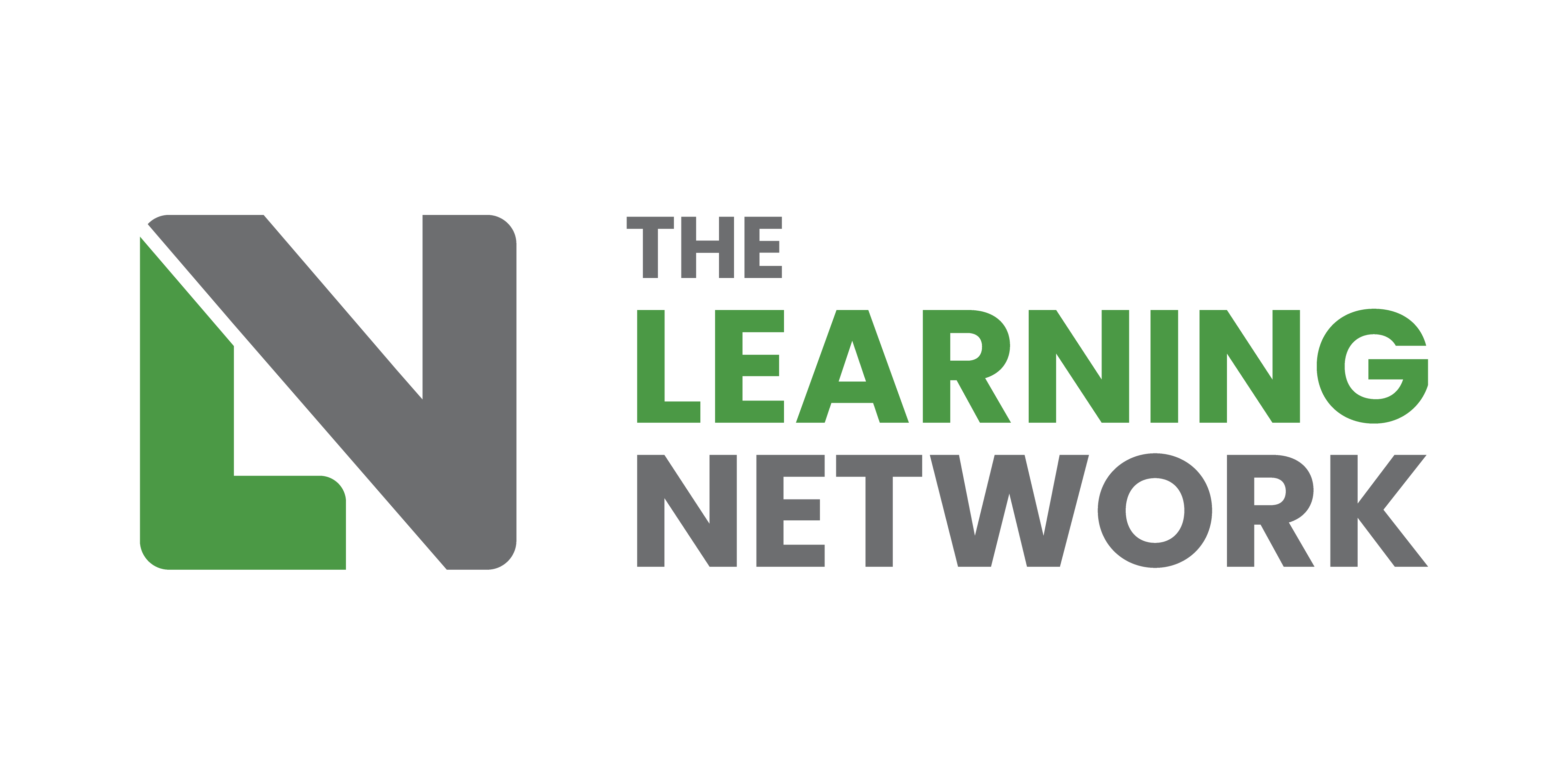My transition onto the Technology Enhanced Learning (TEL) team of the NHS Trust where I work was far more straightforward than I expected. I had been working for seven months as a Learning and Development Officer which involved lots of classroom delivery, and I had worked as a trainer in the private sector for just over three years before that. Within that four years I had done a PGCE and was halfway through a Masters in Educational Research so my academic and practical skills were nailed down, but other than some personal learning and research I had no experience in TEL and no practical portfolio to speak for me.
Nevertheless, when a position became available on the team, I was first choice for it. Back when I first started with the Trust I got chatting to someone during induction who was just starting as a TEL Officer, and despite me being about to start the most ideal job I could imagine for myself, I felt the green-eyed monster swelling up inside me. Clueless as it sounds, I don’t think it had occurred to me at that point that such a job existed; I was still relatively new to L&D and had concentrated my efforts on good session design and delivery, but the very second I knew TEL existed in the Trust I wanted it. Badly.
In every one-to-one with managers I would tell them how interested I was in the TEL side of education, and I set myself objectives to learn how to use the authoring software, and read more about the principles of TEL and the pedagogic differences between classroom and online delivery.
When I was appointed as a TEL Officer in September 2018 I felt quite out of my depth. I had studied and read a lot about TEL but had not actually done the job so I had this nagging doubt that my managers would expect me to hit the ground running. Of course, they didn’t, they had given me the position based on my strong educational knowledge which complemented the tech and development knowledge of the other TEL officer.
The transition was much smoother than I had anticipated, and really felt like quite a natural progression. Not everything I knew from being a face-to-face trainer was relevant, but it gave me a good grounding as to how people learn and how different approaches work in different situations. Within the first few months on the TEL team I experienced a huge sea-change in both my approach to learning and my abilities as an educator. Everything seemed to make sense through a TEL lens and it not only suited the crazy-busy nature of the NHS, but also 21st century life – busy people who are moderately competent with technology accessing their learning when they want and at a pace they’re comfortable with rather than being herded into a classroom to be talked at for hours.
My move to TEL looked – from the outside – as a side-step. The job paid the same and was in the same department, I was even still being line managed by the same person – but to me it was a definite step up. Even then – in late 2018 – I could see that the future of learning, particularly in the NHS was only going to become more sustained by technology in various forms and despite being quite late to the TEL party in terms of the wider industry, I was right at the forefront in the Trust.
When COVID struck in March 2020 I was 18 months into my TEL post. By that time I was six months into a Research Masters looking at the Continuing Professional Development of educators, I had just started a Postgrad Cert in TEL with the Open University and was living and breathing anything that combined technology and learning. By the time the COVID-related requests started rolling in I was experienced enough and had ideas aplenty to help cope with the sudden influx; people left right and centre needed their classroom-delivered sessions put into a different format and we were able to provide most of them in a way that wasn’t wholly reactive and gave them solution that would out-live COVID.
One of the most valuable realisations I had during the transition phase was to realise that using technology in learning does not mean taking what you did in the classroom and transferring it into an eLearning package, or videoing the session being delivered. It’s a different type of learning and requires a different pedagogic approach. Anyone can do it though, it doesn’t take a special type of person to be a Learning Technologist, you just need to understand that every bit of learning you develop – whether it be classroom, online, synchronous, asynchronous – is different and will need you to approach it anew.
If my enthusiasm for technology ever begins to get the better of me and I need some grounding back to my education roots, I revisit this quote from the American researcher Don Norman:
“I’m not a fan on technology. I’m a fan of pedagogy, of understanding how people learn and the most effective learning methods. But technology enables some exciting changes.”
To finish off, here are my top 5 tips for a successful transition:
- Be curious – In a tech-based role you absolutely have to have a nosey curiosity. You have to be willing to just get stuck in and have a go at some new bit of kit or a new tool you’ve heard about. Take an hour out of your day to just experiment and play around to figure out what it’s capable of and how you can put it to use because often you won’t know until you’ve used it yourself.
- Stay current – it’s a cliche but tech changes really quickly so you have to keep yourself up-to-date with the latest happenings. The eLN is great for networking with peers and exchanging ideas so that’s a great starting point.
- Use tech for tech’s sake – this goes against everything I was told as a trainer. I was always told NOT to use tech for tech’s sake, but I feel like it’s almost the responsibility of a learning technologist to more forcibly encourage the use of tech. A quiz could really easily be done using pen and paper, but it’s far more fun doing it via Kahoot or Plickers!
- Be adaptable – not everything I knew about classroom delivery translated to my learning tech role and I had to learn new ways of doing things and do more research around the differences with online learning. Being adaptable and being willing to throw out some of my old ideas made it a far more interesting and enjoyable experience.
- Get a mentor – if you’re new to the world of learning technology then a mentor is really beneficial to help support you as you settle in. eLN can pair you up with someone from the industry and there are a wealth of experienced and knowledgeable people available to help you.



